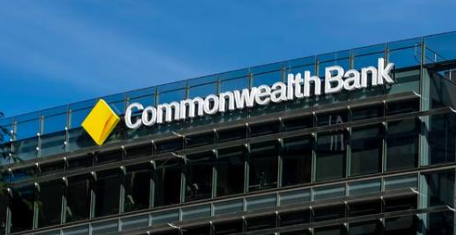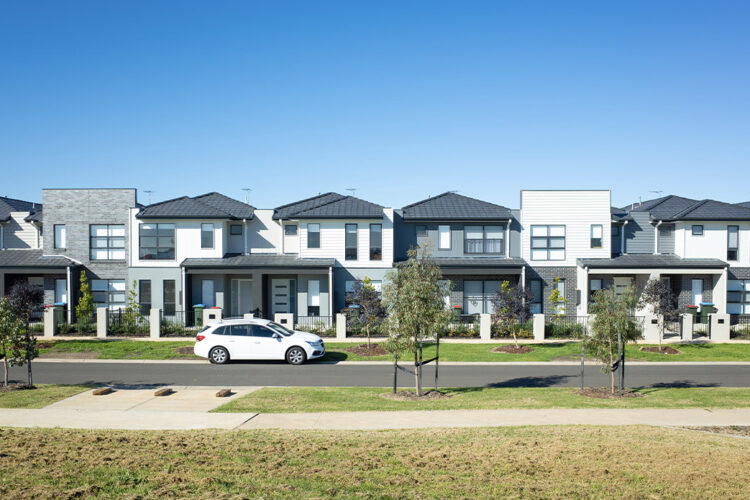Continued cash rate rises will impact mortgagor emotions even further, ANZ-Roy Morgan data has revealed.
The mortgagor cohort now leads those renting and those owning in terms of current ‘low confidence’, latest ANZ and Roy Morgan research has uncovered.
Worse still, they are experiencing stress levels not seen in more than a decade, the research body also found.
Released on Tuesday (28 February), the weekly ANZ-Roy Morgan Australian Consumer Confidence Rating data was based on 1,472 interviews conducted online and over the telephone during the week to Sunday, the entities confirmed.
ANZ senior economist Adelaide Timbrell commented: “Consumer confidence remained virtually unchanged last week with a slight fall from the week before.
“This is the third consecutive week with confidence among the worst 10 results since the COVID-19 outbreak in Australia.
“Among those paying off their mortgage confidence dropped sharply (-4.4pts), to its lowest level since early April 2020 and to 11pts below the average for all housing cohorts.
“Confidence about current and future economic conditions are at their lowest level since November 2022, while current financial conditions [were] at its worst level since December 2022.
“Future financial conditions rose 0.9pts in the week,” she added.
While the week’s consumer confidence was virtually ‘unchanged’, ultimately it’s unchanged from an evolving low, decreasing slightly by 0.4 pts last week to 80.
According to the data, among the mainland states confidence increased only in New South Wales, while it was lower in Victoria, Queensland, South Australia and Western Australia.
A breakdown of key areas encompassing consumer confidence overall revealed that weekly inflation expectations rose 0.1 ppt to 5.2 per cent, while its four-week moving average remained unchanged at 5.3 per cent.
ANZ and Roy Morgan did highlight that the subindex results were mixed, though; Current financial conditions declined 0.7 pts while future financial conditions were up 0.9 pts.
Current economic conditions, however, fell slightly by 0.3 points, as future economic conditions softened 2.1 points after a 2.4-point fall the week prior, they confirmed.
Notably, time to buy a major household item was “practically unchanged” with a 0.1-point increase.
Stress hitting pandemic levels, but not GFC yet
Independently, Roy Morgan research has also confirmed that ‘mortgage stress’ had increased to its highest since April 2012, with 24.9 per cent of mortgage holders now defined as ‘at risk’.
In data released also on Tuesday, the new research shows an estimated 1.19 million mortgage holders (24.9 per cent) were ‘at risk’ of mortgage stress in the three months to January 2023.
As it outlined, this period encompassed two interest rate increases of 0.25 per cent, taking official interest rates to 3.1 per cent in early December.
According to Roy Morgan, the 24.9 per cent result is “the highest for over a decade since June 2012 and is now significantly above the long-term average of 22.8 per cent stretching back to early 2007.”
The research body added that the number of Australians considered ‘at risk’ of mortgage stress has increased by 486,000 over the past year as the RBA increased interest rates nine times consecutively since May 2022.
In some consolation – somehow – for mortgagors, the Roy Morgan explained that despite the sharp increase in the level of mortgage stress during the last year, “the overall number remains well below the high reached during the global financial crisis (GFC) in early 2009 of 35.6 per cent” – or 1,455,000 mortgage holders.
On a further level, the number of mortgage holders considered ‘extremely at risk’ has now increased to 710,000 (15.4 per cent) in the three months to January 2023, which is now “slightly above the long-term average” during the past 15 years of 659,000 (15.9 per cent), the research has highlighted.
Contact a broker that can help
Founder of Homeloanexperts.com, Otto Dargan, confirmed the stress and confidence levels in the marketplace.
“These hikes have already taken rates past a particularly painful threshold for homeowners,” Mr Dargan explained,
Describing this as “challenging times, indeed”, he said that “the higher interest rates could increase homeowners’ monthly repayments by $1000 or more. But there are things they can do to ease the pain.”
“Homeowners who do not wish to refinance, or don’t meet lenders’ criteria for approval, can explore other options, such as an interest-only term, negotiating with their lender or a fixed-rate term, for certainty, should rates continue to climb.
“There is no doubt that many homeowners are under stress right now, but people can improve their situation by being proactive and contacting their broker to discuss their options today.”


